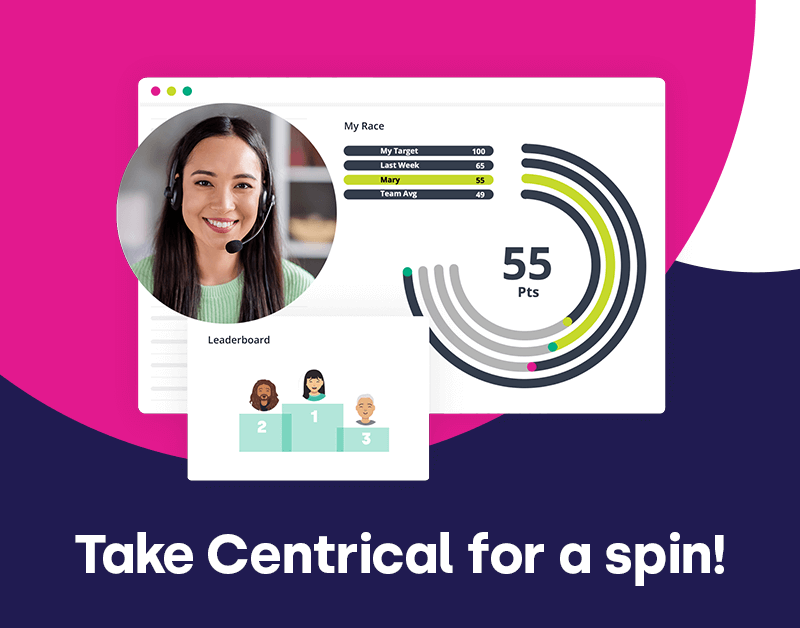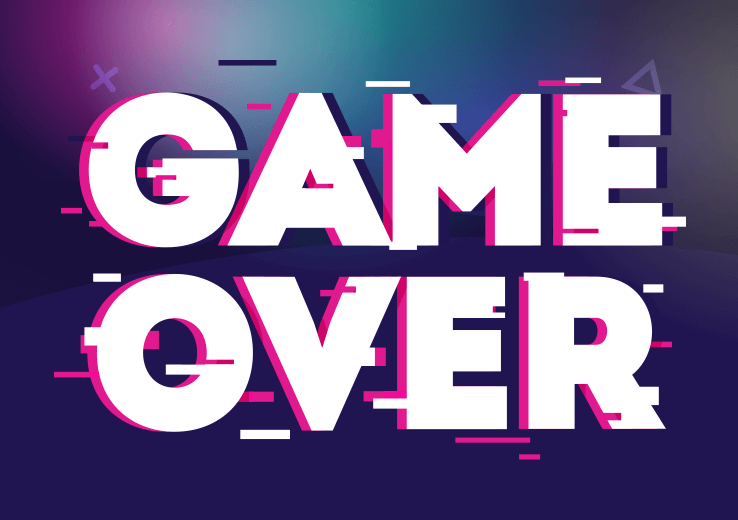In the workplace, the goal is clear: motivate employees to align with the company’s objectives, increase engagement, and boost performance. But when it comes to recognition, the big question arises: should we reward the top performers, or is there value in acknowledging everyone’s effort?
This dilemma isn’t unique to the corporate world. We see it in schools, where participation badges are now commonplace, and on the world’s biggest stages, like the Olympic Games. Consider this: at the Olympics, hundreds of athletes train for years, yet only three walk away with medals. The rest—no matter how impressive their performance—go home without recognition.
The most extreme event was the men’s 100-meter, the runner who was last in the final (9.91 seconds), was faster than Carl Lewis in the Seoul Olympics in 1982. Is he still a loser? This reality prompts us to rethink how we recognize achievement and effort.
Conversely, take Rachel Gunn, AKA Raygun, an Australian breakdancer who competed with a spirit of joy rather than a focus on victory. For her, the experience itself was the reward. So how do we find a middle ground that includes everyone while still promoting excellence?

The Case for Focusing on Winners
Advantages:
- Clear Definition of Success: When goals and targets are well-defined, everyone knows what they’re striving for. This clarity can drive individuals to push their limits.
- Fairness: Those who contribute more, get more. It’s a meritocratic approach that rewards effort and results.
Disadvantages:
- Discouragement: If the chances of winning are slim, many might give up before they even start.
- Unhealthy Competition: Focusing solely on winners can foster a cutthroat environment, harming teamwork and collaboration.
- Short-Term Gains: This approach may prioritize immediate results over long-term growth and continuous improvement.
Alternative Approaches to Rewards and Recognition
To create a more inclusive and motivating work environment, consider these alternatives:
- Personalized Achievements: Recognize individual progress and personal milestones, ensuring everyone has a chance to shine based on their unique contributions.
- Improvement-Focused Rewards: Base rewards on how much an individual improves from their starting point. This encourages continuous development and acknowledges the effort, not just the outcome.
- Behavioral Recognition: Reward behaviors that lead to better performance, such as increased effort, learning new skills, or adopting positive work habits. These actions are within the control of each employee and can lead to lasting performance improvements.
- Team-Based Rewards: Celebrate collective achievements. High-performing teams often elevate each member, fostering an environment where collaboration and mutual support thrive.
A Real-World Example: Jane’s Journey to Success
Let’s take Jane, a sales representative at a large hotel chain’s reservations center. Through AI analysis, it’s identified that Jane needs to improve her conversion rate to boost sales. A deeper dive reveals that the root of the issue lies in her probing questions—or lack thereof. By focusing on rewarding Jane for asking more and better questions, she can directly influence her conversion rate. This approach not only empowers Jane to control her progress but also uses gamification to keep her motivated—a true win-win. And importantly, her reward isn’t contingent on outperforming her peers, but on her own continuous improvement.
The Bottom Line
The most effective approach to recognition and rewards is one that fosters a personalized experience, emphasizes behaviors and improvements, and encourages collaboration. By doing so, every employee can feel like a hero in their own right.
Further Reading:
- 11 Powerful Gamification Techniques for Better Engagement
- Manage What You Measure: Improve Workforce Productivity with Transparent Performance Metrics
- Performance Experience Checklist
Gal Rimon, is the founder and CEO at Centrical.
Trusted by dozens of Fortune 500 companies, Centrical is a Performance Experience Platform, Based on AI. It guides frontline employees to success and growth. It utilizes #Gamification, real-time performance management, microlearning, and coaching.







 Madeleine Freind
Madeleine Freind
 Natalie Roth
Natalie Roth Linat Mart
Linat Mart












 Doron Neumann
Doron Neumann Gal Rimon
Gal Rimon Daphne Saragosti
Daphne Saragosti Ella Davidson
Ella Davidson Ariel Herman
Ariel Herman Ronen Botzer
Ronen Botzer